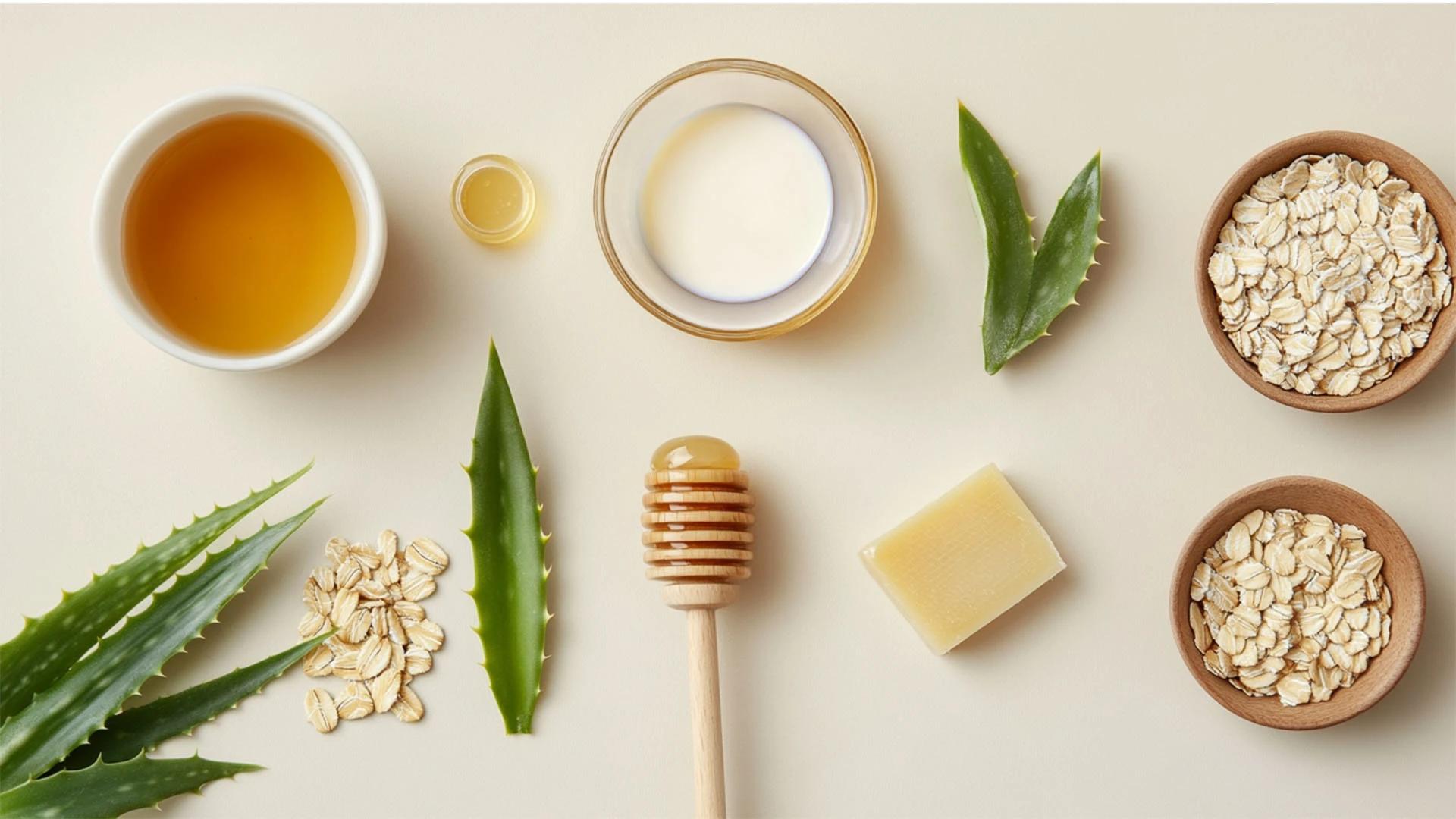Real talk—your gut is basically your body's second brain, and when it's not happy, you'll feel it everywhere. From bloating that makes your favourite jeans feel impossible to brain fog that hits harder than Monday morning blues, poor digestive health can proper mess with your vibe. A gut cleanse diet might just be the reset your system needs to get back on track. Let's dive into what the experts actually say about giving your gut the TLC it deserves, without all the confusing wellness jargon that makes your head spin.
Understanding the Gut Microbiome
Your gut is home to trillions of tiny microorganisms that work together like the world's most important flatmates. This gut flora balance is crucial for everything from digesting your food to keeping your immune system strong. When these little helpers are thriving, you feel brilliant—think clear skin, steady energy, and that satisfied feeling after meals.
Several factors can throw your gut microbiome off balance. Stress from work deadlines, processed foods that seem convenient but aren't doing you favours, antibiotics that wipe out both good and bad bacteria, and irregular eating patterns all play a part. Even lack of sleep can mess with your digestive health in ways that might surprise you.
The Science Behind Gut Cleanse Diets
A gut cleanse diet is essentially a structured eating plan designed to support your digestive system's natural detoxification processes. Think of it as giving your gut a proper holiday from processed foods, artificial additives, and anything that might be causing inflammation. The goal isn't to starve yourself or follow some extreme detox diet that leaves you hangry and miserable.
Research suggests that certain dietary changes can positively impact your intestinal cleanse processes. Studies show that increasing fibre intake, reducing processed foods, and incorporating specific nutrients can help restore gut flora balance. The science backs up what many people experience firsthand—when you feed your gut the right foods, it responds with better digestion, clearer skin, and improved energy levels.
Key Components of an Effective Gut Cleanse Diet
The foundation of any good gut cleanse diet rests on three pillars: fibre, beneficial bacteria, and proper hydration. Fibre acts like a gentle broom, sweeping through your digestive system and feeding the good bacteria that keep everything running smoothly. Probiotics for gut health introduce fresh, helpful microorganisms, while prebiotics feed the ones already living there.
Hydration plays a bigger role than you might think. Water helps move everything through your system, supports the mucus lining in your intestines, and aids in natural detoxification. Aim for clear, filtered water throughout the day—your gut will thank you for it.
Anti-inflammatory Foods for Gut Health
Anti-inflammatory foods are your gut's best friends. These include leafy greens like spinach and kale, fatty fish rich in omega-3s, berries packed with antioxidants, and warming spices like turmeric and ginger. These foods help reduce inflammation in your digestive tract, creating an environment where beneficial bacteria can flourish and your gut can heal naturally.


 200ml
200ml Combo
Combo 30 Strips
30 Strips Pack of 30
Pack of 30